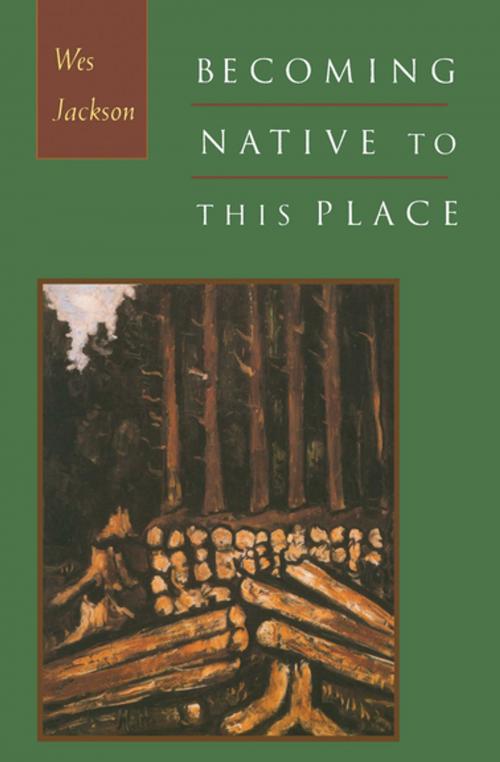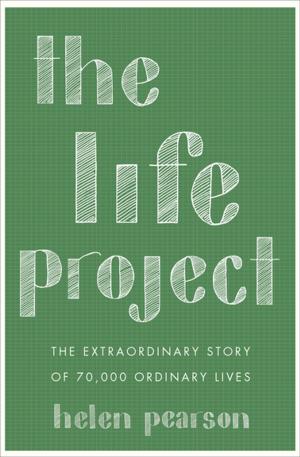Becoming Native to This Place
Nonfiction, Social & Cultural Studies, Social Science, Sociology, Rural, Science & Nature, Technology, Agriculture & Animal Husbandry, Science, Biological Sciences, Environmental Science| Author: | Wes Jackson | ISBN: | 9781619026889 |
| Publisher: | Counterpoint Press | Publication: | May 15, 2015 |
| Imprint: | Counterpoint | Language: | English |
| Author: | Wes Jackson |
| ISBN: | 9781619026889 |
| Publisher: | Counterpoint Press |
| Publication: | May 15, 2015 |
| Imprint: | Counterpoint |
| Language: | English |
A ringing cry to forge a meaningful connection to the land by a leading voice in the sustainable agriculture movement: “A small book rich in ideas” (New York Times).
The New World―this empty land dazzlingly rich in forests, soils, rainfall, and mineral wealth―was to represent a new beginning for civilized humanity. Unfortunately, even the best of the European settlers had a stronger eye for conquest than for justice. Natives were in the way―surplus people who must be literally displaced.
Now, as ecologist Wes Jackson points out, the descendants of those early beneficiaries of conquest are the ones who are displaced. Forced to vacate the family farmsteads and small towns of our heartland, they leave vacant the schools, churches, hardware stores, and barber shops. In Becoming Native to This Place, Jackson urges modern Americans to base our culture and agriculture on nature’s principles, and to recycle as natural ecosystems have for millions of years. The task is more difficult now, he argues, but not impossible.
Where to begin? Jackson suggests we start with those thousands of small towns and rural communities literally falling apart. Here are the places where a new generation of homecomers―people who want to go to a place and dig in―can become the new pioneers, operating on a set of assumptions and aspirations different from those of their ancestor to create a more sustainable economy and culture.
A ringing cry to forge a meaningful connection to the land by a leading voice in the sustainable agriculture movement: “A small book rich in ideas” (New York Times).
The New World―this empty land dazzlingly rich in forests, soils, rainfall, and mineral wealth―was to represent a new beginning for civilized humanity. Unfortunately, even the best of the European settlers had a stronger eye for conquest than for justice. Natives were in the way―surplus people who must be literally displaced.
Now, as ecologist Wes Jackson points out, the descendants of those early beneficiaries of conquest are the ones who are displaced. Forced to vacate the family farmsteads and small towns of our heartland, they leave vacant the schools, churches, hardware stores, and barber shops. In Becoming Native to This Place, Jackson urges modern Americans to base our culture and agriculture on nature’s principles, and to recycle as natural ecosystems have for millions of years. The task is more difficult now, he argues, but not impossible.
Where to begin? Jackson suggests we start with those thousands of small towns and rural communities literally falling apart. Here are the places where a new generation of homecomers―people who want to go to a place and dig in―can become the new pioneers, operating on a set of assumptions and aspirations different from those of their ancestor to create a more sustainable economy and culture.















